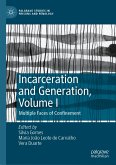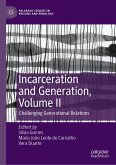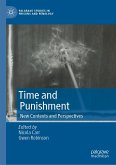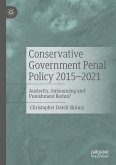- Frank J. Porporino, Criminal Justice Consultant; ICPA Group Chair, Research and Development Network
"This outstanding collection shines the spotlight on the most overlooked, but surely most important professionals in the 'correctional' equation."
-Shadd Maruna, Professor of Criminology; author of Making Good: How Ex-Convicts Reform and Rebuild their Lives
This edited collection brings together academics, lawyers, civil servants, and researchers working in the human rights NGO sector, to explore the work and role of prison officers around the world. Each chapter offers a distinctive perspective on the work of prison officers within localised socio-economic and criminal justice contexts, to provide a unique overview and insight into the realities and complexities of the role through accessible scholarly interpretations of their work. The aim of the book is to advance knowledge and understanding of the crucial role that prison officers occupy within carceral systems. The collection has widespread applicability with relevance beyond academia into criminal justice practice and policy internationally.
Helen Arnold is Associate Professor in Criminology at the University of East Anglia, UK.
Matthew Maycock is Senior Lecturer in Criminology at Monash University, Australia.
Rosemary Ricciardelli is Professor and Research Chair in Safety, Security, and Wellness at the Fisheries and Marine Institute at Memorial University of Newfoundland, Canada.
Dieser Download kann aus rechtlichen Gründen nur mit Rechnungsadresse in A, B, BG, CY, CZ, D, DK, EW, E, FIN, F, GR, HR, H, IRL, I, LT, L, LR, M, NL, PL, P, R, S, SLO, SK ausgeliefert werden.









